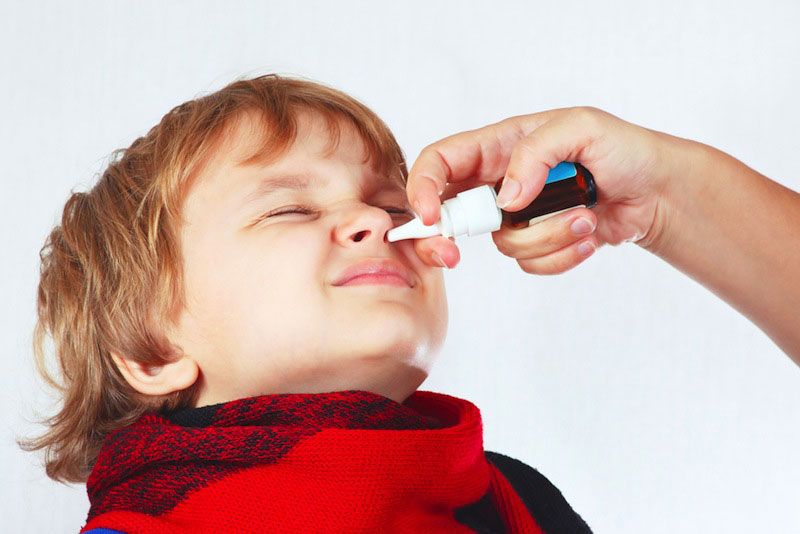Flu Vaccine: Should Your Kids Get the Nasal Spray?

In a new recommendation this flu season, the Centers for Disease Control and Prevention says that the nasal spray form of the flu vaccine is the preferred way to vaccinate kids ages 2 to 8. Previously, the CDC did not recommended one form of the vaccine over the other for this age group.
Here's what you need to know about the change.
What prompted the change?
New studies suggest that the nasal spray works particularly well to prevent flu in children ages 2 to 8. Although neither the shot nor the spray protects against the flu 100 percent of the time, the nasal spray prevented 50 percent more flu cases than the flu shot in children 2 to 8 in the new studies, according to the CDC.
Should parents wait to vaccinate their children if the nasal spray is not available?
No. Parents should not delay vaccinating their children. If the nasal spray is not immediately available, parents should have their children get the flu shot instead, the CDC says.
Are there some children who should not get the nasal spray?
Sign up for the Live Science daily newsletter now
Get the world’s most fascinating discoveries delivered straight to your inbox.
Yes. Some children should not get the nasal spray, but they may be able to receive a flu shot instead. This group of children includes those who are taking regular aspirin (or taking medications that contain aspirin), children who have an egg allergy, children ages 2 to 4 who have experienced asthma or wheezing symptoms in the last year, children who received antiviral medications in the past two days and children with weakened immune systems, according to the CDC.
Which vaccine should older children get?
Children ages 9 and older can get either the nasal spray or the flu shot — there is not a preference for one type over the other in this age group, the CDC says.
Is the nasal spray a quadrivalent vaccine?
Yes. All nasal-spray vaccines are quadrivalent, which means they protect against four strains of flu virus: two influenza A strains (H1N1 and H3N2) and two influenza B strains. (The flu shot is available in both the trivalent and the quadrivalent types; the trivalent vaccine protects against only one influenza B strain.)
Will my child need two doses of the nasal spray?
The CDC recommends that children who are getting the flu vaccine for the first time receive two doses of the vaccine (either the nasal spray or the flu shot). Children who have previously been vaccinated need just one dose, according to the CDC.
Follow Rachael Rettner @RachaelRettner. Follow Live Science @livescience, Facebook & Google+. Original article on Live Science.

Rachael is a Live Science contributor, and was a former channel editor and senior writer for Live Science between 2010 and 2022. She has a master's degree in journalism from New York University's Science, Health and Environmental Reporting Program. She also holds a B.S. in molecular biology and an M.S. in biology from the University of California, San Diego. Her work has appeared in Scienceline, The Washington Post and Scientific American.











